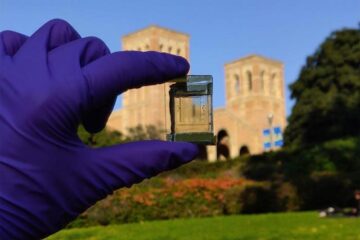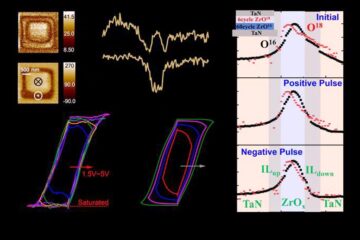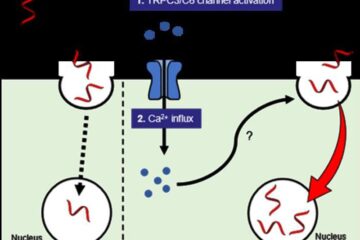DFG Introduces Reinhart Koselleck Projects

More room for risky research — this is the motto under which the Deutsche Forschungsgemeinschaft (German Research Foundation, DFG) has introduced a new funding module. In so-called “Reinhart Koselleck Projects”, Germany’s largest research funding organisation will support especially innovative research undertakings by outstanding scientists and academics. In January, the DFG Joint Committee approved this new type of funding during a meeting in Bonn. Koselleck Projects may be funded with up to 1.25 million euros over a period of five years.
Named after historian Reinhart Koselleck from Bielefeld, who passed away in 2006, this new programme focuses on researchers with outstanding scientific track records and great potential. “We want to enable them to pursue research projects that are highly innovative and risky in a positive sense, which are not supported by our other programmes”, said DFG President Matthias Kleiner. Such endeavours are even less predictable than other research projects and tend to be especially complex, added Kleiner.
Consequently, Koselleck Projects are unique among DFG programmes in terms of their proposal process and funding duration. Rather than receiving initial funding for up to three years, as has been customary under the Individual Grants Programme, Koselleck Projects are underwritten for five years. Rather than describing their research projects in great detail, Koselleck applicants may request funding with a short five-page outline. “These differences show that researchers are given a great deal of trust here”, Kleiner pointed out. This trust can only be given to applicants whose scientific track record indicates exceptional creativity and great innovative potential. Kleiner noted that these will also be key criteria for the evaluation of proposals by the Review Boards. “We have to apply especially high standards of excellence here.”
The first proposal deadline for Koselleck Projects is 1 June 2008. Funding may range from 500,000 euros to 1.25 million euros per project. University scientists and scholars are the primary target group. Non-university researchers should apply especially if their project is not viable within the framework of their respective institution; proposal reviewers must be able to verify this.
Koselleck Projects are introduced as a new variation under the Individual Grants Programme. They are part of the DFG’s larger effort to update its funding instruments and make them more flexible. “This is an ongoing task for us. We want to support excellent researchers during each stage of their career, as well as redesign our processes to minimise the time they have to spend on administrative matters”, said DFG President Kleiner.
Media Contact
More Information:
http://www.dfg.deAll latest news from the category: Science Education
Newest articles

Advance in light-based computing
…shows capabilities for future smart cameras. UCLA-developed experimental device demonstrates ability to reduce glare in images. Researchers developing the next generation of computing technology aim to bring some light to…

Evidence for reversible oxygen ion movement during electrical pulsing
…enabler of the emerging ferroelectricity in binary oxides. In a recent study published in Materials Futures, researchers have uncovered a pivotal mechanism driving the emergence of ferroelectricity in binary oxides….

Next-generation treatments hitch a ride into cancer cells
Researchers from Osaka University discover that opening a channel into cancer cells helps antisense oligonucleotide drugs reach their targets. Antisense oligonucleotides (ASOs) are next-generation drugs that can treat disease by…





















